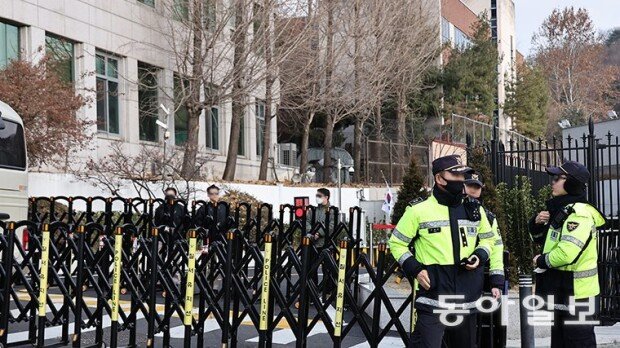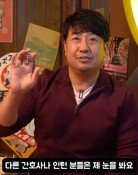Court clears path for arrest warrant execution against Pres. Yoon
Court clears path for arrest warrant execution against Pres. Yoon
Posted January. 02, 2025 07:47,
Updated January. 02, 2025 07:47

The court has reportedly stated in an arrest warrant issued against President Yoon Suk Yeol that the Presidential Security Service cannot obstruct the execution of the warrant. Yoon faces charges of orchestrating insurrection in connection with the December 3 emergency martial law declaration. This decision clarified the way for the Corruption Investigation Office for High-ranking Officials (CIO) to proceed with unprecedented legal action against the sitting president as early as Thursday.
The arrest warrant, issued by Lee Soon-hyung, a presiding judge at the Seoul Western District Court, specifically precludes the application of Articles 110 and 111 of the Criminal Procedure Act. Thus far, the Presidential Security Service has cited these provisions to block search and seizure operations related to the investigation. Article 110(1) restricts searches at locations involving military information without approval from the responsible person, while Article 111(1) protects items deemed official secrets from seizure without consent.
The court's statement asserts that these provisions do not apply in President Yoon's case, effectively dismantling the Presidential Security Service’s legal defense and granting the CIO full legal authority to proceed with the arrest. An official from the CIO noted that any continued obstruction by the security service could result in arrests for obstruction of special official duties, citing the court’s explicit clarification. On Monday, the CIO issued a warning to the Presidential Security Service, stating that interference with the warrant’s execution could lead to legal accusations. Yoon Gap-geun, President Yoon’s defense counsel, has fiercely criticized the court’s decision, arguing that there is no provision in the Criminal Procedure Act that grants a judge the authority to override such protections. He has called for the dismissal and disciplinary action against the judge who issued the warrant.
The CIO plans to execute the warrant as early as Thursday, citing the urgency of the matter. Unlike the initial summonses, which were scheduled for weekends to address security concerns, the arrest warrant will be executed on a weekday, given that once the warrant is executed, the CIO must seek a detention warrant within 48 hours, which prompts a full mobilization of resources to expedite the investigation.
송유근 기자 big@donga.com







